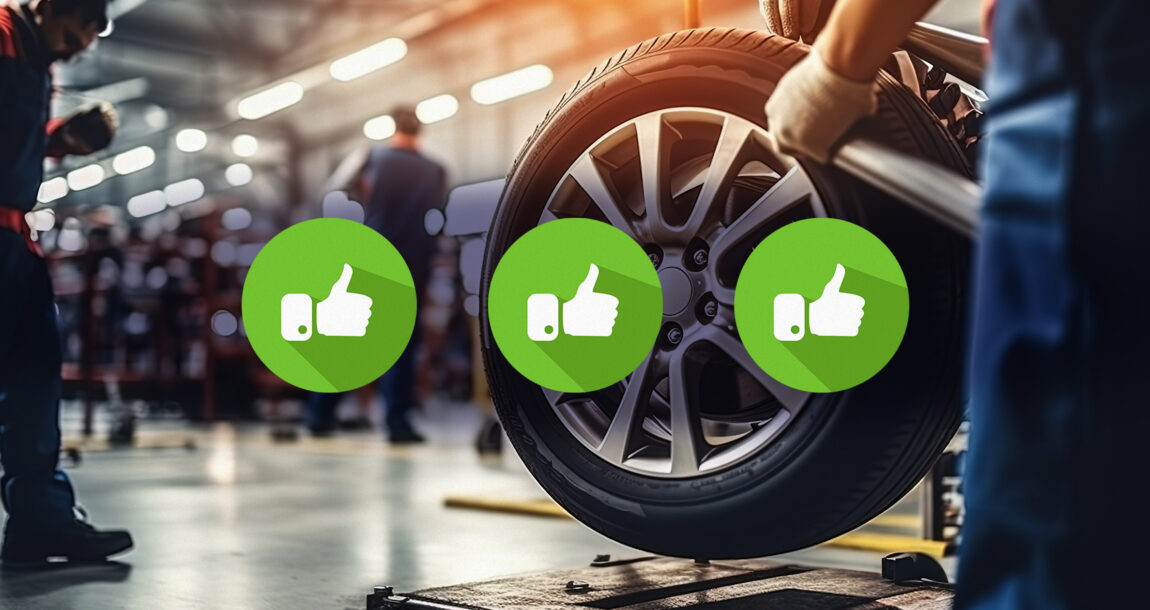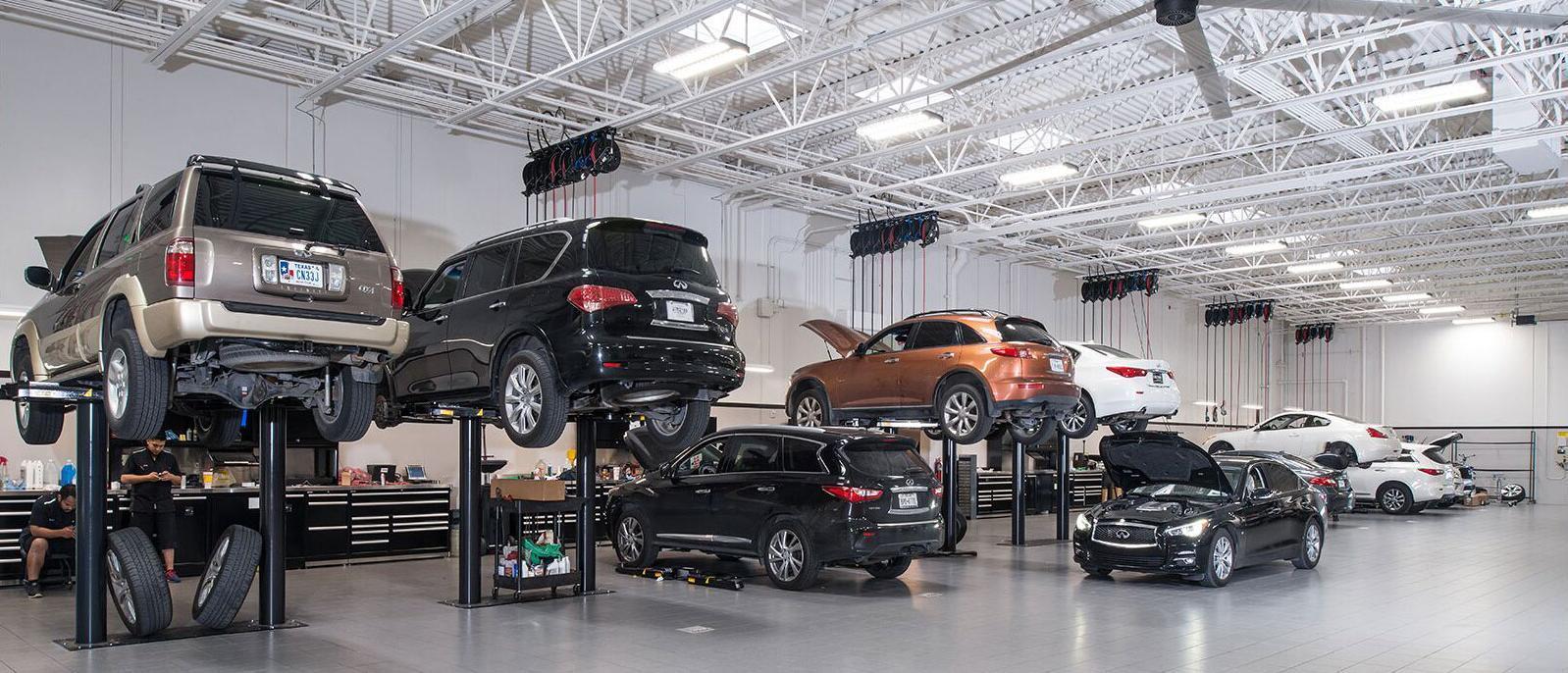Featured
Understanding the indications that your vehicle requires brake repair service is essential for maintaining both security and the longevity of your auto. In this blog site, we'll talk about the common signs that show your brakes need interest and how to address the problem immediately.
![]()
Just How to Address It: If you observe squealing or screeching, have your brake pads changed and inspected if necessary. Addressing this problem promptly will avoid more damages to other brake parts, such as the blades.
How to Resolve It: If you listen to grinding noises, quit making use of the vehicle and have the brakes checked promptly. It's vital to change the brake pads asap and examine the blades for damages.
Just How to Address It: If your brake pedal shakes, have the blades looked for bending. In many cases, they can be resurfaced, but if the damage is serious, you may require to replace the blades.
Just How to Resolve It: If you experience a soft or mushy brake pedal, examine the brake liquid levels. It may need to be topped off if the fluid is low. Nonetheless, if the issue persists, you ought to have the brake system checked for leakages or air in the brake lines.
![]()
Exactly How to Address It: Drawing away needs prompt focus from a mechanic. The issue could be brought on by a number of variables, consisting of a stuck caliper or irregular brake pad wear, every one of which need to be detected and repaired by a professional.
Just How to Resolve It: If the brake caution light shows up, describe your car's guidebook to recognize the particular concern. It's always suggested to take your cars and truck to a mechanic to have the brake system evaluated and any necessary fixings made.
![]()
Exactly How to Address It: Any kind of decrease in stopping performance must be addressed right away. Have your brakes inspected to determine the reason, whether it results from worn pads, fluid troubles, or other concerns within the braking system.
Conclusion. Brakes are an essential safety function that must never ever be neglected. It's vital to address the concern as soon as possible to stop more damage and ensure your vehicle is safe to drive if you observe any of the above signs. Routine brake maintenance and inspections can assist you stay clear of costly repair work and extend the lifespan of your stopping elements. Don't wait on your brakes to stop working-- if you observe any of these indicators, timetable a brake assessment with a trusted mechanic immediately.
- Squeaking or Squealing Noises. Among the most typical indications that your brakes require focus is unusual noises when braking. A piercing squealing or squealing audio usually suggests that the brake pads are used down and need to be changed. Modern brake pads are geared up with wear indicators that make sound when they are no more efficient, signaling you that it's time for an adjustment. If you neglect these noises for also long, the steel of the brake pad may begin to speak to the rotor, triggering additional damage.

Just How to Address It: If you observe squealing or screeching, have your brake pads changed and inspected if necessary. Addressing this problem promptly will avoid more damages to other brake parts, such as the blades.
- Grinding Sounds. If you listen to a grinding sound when applying the brakes, it is a more severe issue. This audio normally occurs when the brake pads have worn down entirely and the steel part of the pad is grinding versus the rotor. Grinding can harm the rotor, which is costly to repair or replace.
How to Resolve It: If you listen to grinding noises, quit making use of the vehicle and have the brakes checked promptly. It's vital to change the brake pads asap and examine the blades for damages.
- Vibrating Brake Pedal. If the brake pedal vibrates or pulses when you use stress, maybe an indication that the brake rotors are warped. Distorted rotors can cause unequal pressure to be related to the brake pads, bring about a bumpy or unsteady braking experience. This issue can aggravate with time, making it tougher to quit your car successfully.
Just How to Address It: If your brake pedal shakes, have the blades looked for bending. In many cases, they can be resurfaced, but if the damage is serious, you may require to replace the blades.
- Soft or Squishy Brake Pedal. When you press the brake pedal, it ought to feel strong and receptive. If the pedal really feels soft, spongy, or sinks to the floor, it's a sign that there might be a concern with the brake fluid or the brake system itself. This can be triggered by reduced brake fluid degrees, air in the brake lines, or a brake liquid leak.
Just How to Resolve It: If you experience a soft or mushy brake pedal, examine the brake liquid levels. It may need to be topped off if the fluid is low. Nonetheless, if the issue persists, you ought to have the brake system checked for leakages or air in the brake lines.
- Pulling away. If your lorry draws away when you apply the brakes, it may suggest that one of the brake calipers is not working properly, or there could be an issue with the brake pads, blades, or suspension. Uneven stopping can make stopping much more potentially dangerous and difficult.

Exactly How to Address It: Drawing away needs prompt focus from a mechanic. The issue could be brought on by a number of variables, consisting of a stuck caliper or irregular brake pad wear, every one of which need to be detected and repaired by a professional.
- Control Panel Caution Lights. Several vehicles are geared up with a control panel caution light that will certainly brighten when there's a trouble with the braking system. This light might indicate low brake fluid, a concern with the anti-lock stopping system (ABDOMINAL MUSCLE), or various other braking-related concerns that require attention.
Just How to Resolve It: If the brake caution light shows up, describe your car's guidebook to recognize the particular concern. It's always suggested to take your cars and truck to a mechanic to have the brake system evaluated and any necessary fixings made.

- Decreased Braking Efficiency. If you notice that your automobile takes longer to stop or if the brakes really feel less receptive than normal, it's an indication that your brake system is not executing at its ideal. This might be because of worn-out brake pads, harmed rotors, or problems with the brake liquid.
Exactly How to Address It: Any kind of decrease in stopping performance must be addressed right away. Have your brakes inspected to determine the reason, whether it results from worn pads, fluid troubles, or other concerns within the braking system.
Conclusion. Brakes are an essential safety function that must never ever be neglected. It's vital to address the concern as soon as possible to stop more damage and ensure your vehicle is safe to drive if you observe any of the above signs. Routine brake maintenance and inspections can assist you stay clear of costly repair work and extend the lifespan of your stopping elements. Don't wait on your brakes to stop working-- if you observe any of these indicators, timetable a brake assessment with a trusted mechanic immediately.
Latest Posts
The Benefits of Consistent Car Maintenance at Montclare Auto Repair Reduces Costs
Published en
1 min read
Find Out Cut Costs on Car Maintenance with Montclare Auto Repair’s Limited-Time Deals
Published en
1 min read
Uncover Reduce Expenses on Car Maintenance with Montclare Auto Repair’s Limited-Time Deals
Published en
1 min read
More
Latest Posts
The Benefits of Consistent Car Maintenance at Montclare Auto Repair Reduces Costs
Published May 29, 25
1 min read
Find Out Cut Costs on Car Maintenance with Montclare Auto Repair’s Limited-Time Deals
Published May 23, 25
1 min read
Uncover Reduce Expenses on Car Maintenance with Montclare Auto Repair’s Limited-Time Deals
Published May 21, 25
1 min read